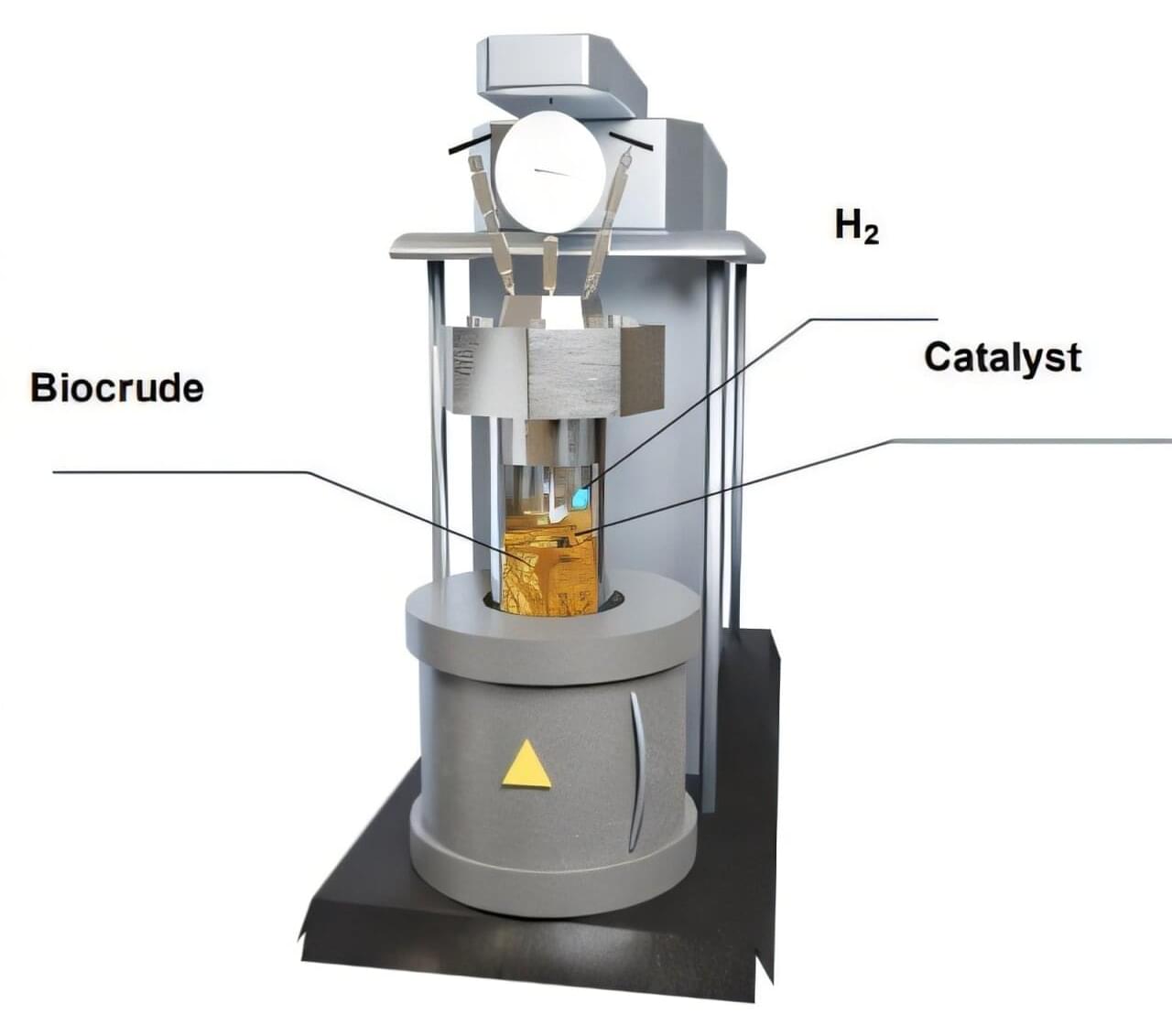The U.S. Secret Service on Tuesday said it took down a network of electronic devices located across the New York tri-state area that were used to threaten U.S. government officials and posed an imminent threat to national security.
“This protective intelligence investigation led to the discovery of more than 300 co-located SIM servers and 100,000 SIM cards across multiple sites,” the Secret Service said.
The devices were concentrated within a 35-mile (56 km) radius of the global meeting of the United Nations General Assembly in New York City. An investigation into the incident has been launched by the Secret Service’s Advanced Threat Interdiction Unit.





